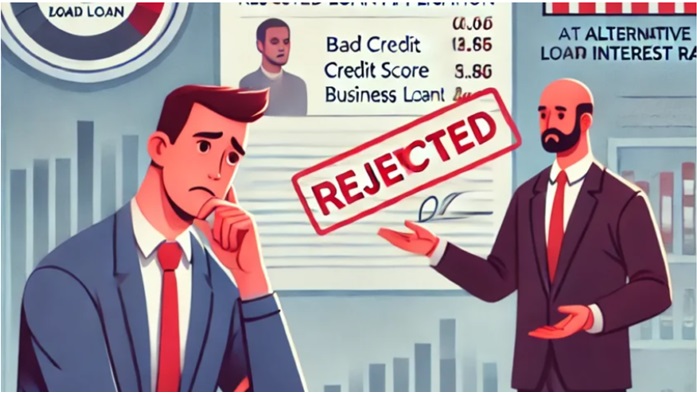Getting credit for car loans with bad credit is possible, though it often involves higher interest rates and stricter terms. Lenders focus on the applicant’s current financial situation, income stability, and ability to repay rather than just the credit score alone.
People with bad credit can improve their chances by seeking specialized lenders, offering a larger down payment, or finding a co-signer. Understanding these options helps borrowers navigate the challenges and make informed decisions when financing a vehicle.
Knowing the loan terms and being realistic about what is affordable are key steps in securing credit for a car loan despite bad credit. Preparation and research can increase the likelihood of approval and more manageable loan conditions.
Understanding Credit for Car Loans With Bad Credit
Credit history influences how lenders evaluate car loan applications. Borrowers with poor credit face specific challenges in approval, credit score benchmarks, and loan interest rates.
How Bad Credit Impacts Car Loan Eligibility
Bad credit lowers the chances of automatic loan approval. Lenders see late payments, defaults, or bankruptcies as indicators of higher risk. This often results in loan denials or the need for a co-signer.
Some lenders specialize in subprime car loans, targeting those with credit scores below 600. These loans come with stricter conditions, such as larger down payments or shorter repayment terms.
Eligibility also depends on income, employment status, and debt-to-income ratio. Strong proof of stable income can sometimes offset bad credit. However, not all lenders consider these factors equally.
Minimum Credit Score Requirements
Most traditional lenders require a minimum credit score of around 620 for standard car loans. Scores below this threshold usually fall into the subprime category.
Subprime lenders typically accept scores between 500 and 620. Scores under 500 are considered deep subprime, limiting financing options further.
Some dealers use in-house financing programs with more flexible score requirements. However, these often come at higher interest rates and less favorable terms.
Borrowers should check their credit scores before applying. This helps them target lenders that match their credit profile and avoid unnecessary credit inquiries.
Interest Rates for Borrowers With Poor Credit
Interest rates rise as credit scores decline. Those with bad credit typically face APRs between 12% and 20% or higher, compared to 4% to 7% for prime borrowers.
Higher rates reflect the lender’s increased risk. Some lenders may include additional fees or require larger down payments to mitigate risk.
Rates also depend on loan length. Shorter terms tend to have lower interest rates but higher monthly payments.
Borrowers should shop around and compare offers. Even a small difference in the interest rate can significantly impact total loan cost.
Strategies to Secure a Car Loan With Bad Credit
Securing a car loan with bad credit requires targeted actions. Addressing credit issues, identifying appropriate lenders, and using financial leverage like down payments can improve loan approval chances.
Improving Your Credit Profile Before Applying
Improving credit before applying can reduce interest rates and increase approval odds. Paying down existing debts lowers your credit utilization ratio, a key factor in credit scores.
Disputing inaccuracies on credit reports is another effective step. It removes errors that might unfairly damage the credit profile. Consistency in making on-time payments over several months shows reliability.
Building credit with a secured credit card or small personal loan can also help. These actions gradually enhance the credit score, creating a stronger application.
Finding Lenders Specializing in Bad Credit Car Loans
Certain lenders target applicants with poor credit. These lenders often assess factors beyond credit scores such as income stability and employment history.
Subprime lenders and credit unions frequently offer more flexible terms. They might require higher interest rates but can be more willing to approve bad credit borrowers.
Online lenders specializing in bad credit auto loans provide quick quotes. Comparing these helps find the best terms. Checking customer reviews ensures the lender’s reliability.
Considering Larger Down Payments
Offering a larger down payment reduces the loan amount needed. This lowers the lender’s risk, making approval easier.
A down payment of 20% or more can improve loan terms, including interest rates. It also reduces monthly payments, easing financial pressure.
Saving for a substantial down payment before applying is beneficial. It shifts some risk from the lender to the borrower, increasing acceptance chances.





Leave a Reply